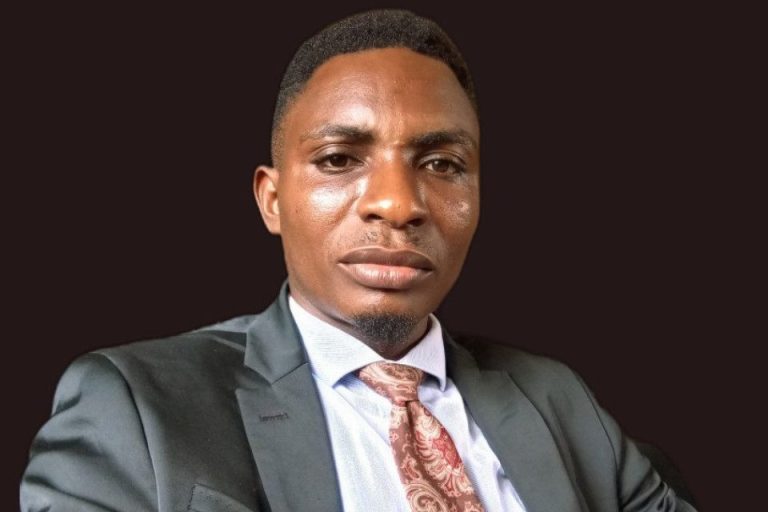
Former UNESCO DG
The Director-General of the United Nations Educational, Scientific and Cultural Organization (UNESCO), Ms Irina Bokova, called on nations of the world to ensure that justice is done for every journalist killed, as she prepared to leave office. She noted that “Justice is a cornerstone of a free society. It dissuades those who threaten freedom of expression and emboldens those who stand to defend it.”
Ms Bokova made this call in her message to commemorate the International Day to End Impunity (IDEI) for Crimes Against Journalist observed annually on November 2.
She noted that in the last decade, from 2006 to 2016, at least 930 journalists were killed; that in 2016 alone, some 102 journalists were killed in the line of duty. In more than nine out of 10 cases, the perpetrators are never brought to justice, she lamented.
She therefore enjoined Stakeholders; Governments, supported by the UN, working with all relevant actors, from international regional organizations, judiciaries and media to private companies, academia and civil society to join in the fight to ensure justice is done for every journalist killed through their concerted efforts.
Supporting Bokova’s call, the UN Secretary-General, António Guterres, said that when journalists are targeted, societies as a whole also pay the price, adding “Indeed, the kind of news that gets silenced – corruption, conflicts of interest, illegal trafficking – is exactly the kind of information the public needs to know.
Amplifying these calls, the UN Special Rapporteur on arbitrary, summary and extrajudicial executions, Agnes Callamard, and the Special Rapporteur on freedom of expression, David Kaye, pointed out that when authorities fail to follow up such attacks with independent and impartial investigations, the killers and their allies achieve their objectives.
On November 2, 2017, UNESCO also released the report of its flagship analysis of new trends in media freedom, pluralism, independence and the safety of journalists covering the period 2012 to 2017 which notes that the media industry, which remains the primary source of news and information in the digital age, faces both vast opportunities and steep challenges.
The report, she said “provides a unique reference point for Member States, intergovernmental organizations, civil society groups, academia, journalists and media professionals, and all those who wish to understand the fundamentals of press freedom in a changing world.”
It highlights positive developments that include civil society mobilizing to push for greater access to information, media houses cooperating with fact-checking services to push back against a torrent of disinformation, as well as more governments adopting freedom of information laws.
It says that in the digital age, women journalists are able to develop online presence, liberated from newsroom hierarchies, and that citizen journalists and activists have access to mediums of mass communication that were previously unthinkable.
Echoing Bokova’s call to governments, the report warns that “across the world, journalism is under fire,” citing the rise of ‘fake news’ stories that veil the truth etc. It also notes that governments have shut down the internet, notably before elections and that journalists continue to come under wide-ranging attacks and still facing rising violence.
Guy Berger, Director of UNESCO’s Division of Freedom of Expression and Media Development presented the key findings at an event, held alongside the Communication and Information Commission of UNESCO’s General Conference in Paris.
The report is available for download at http://unesdoc.unesco.org/images/0025/002597/259756e.pdf.





